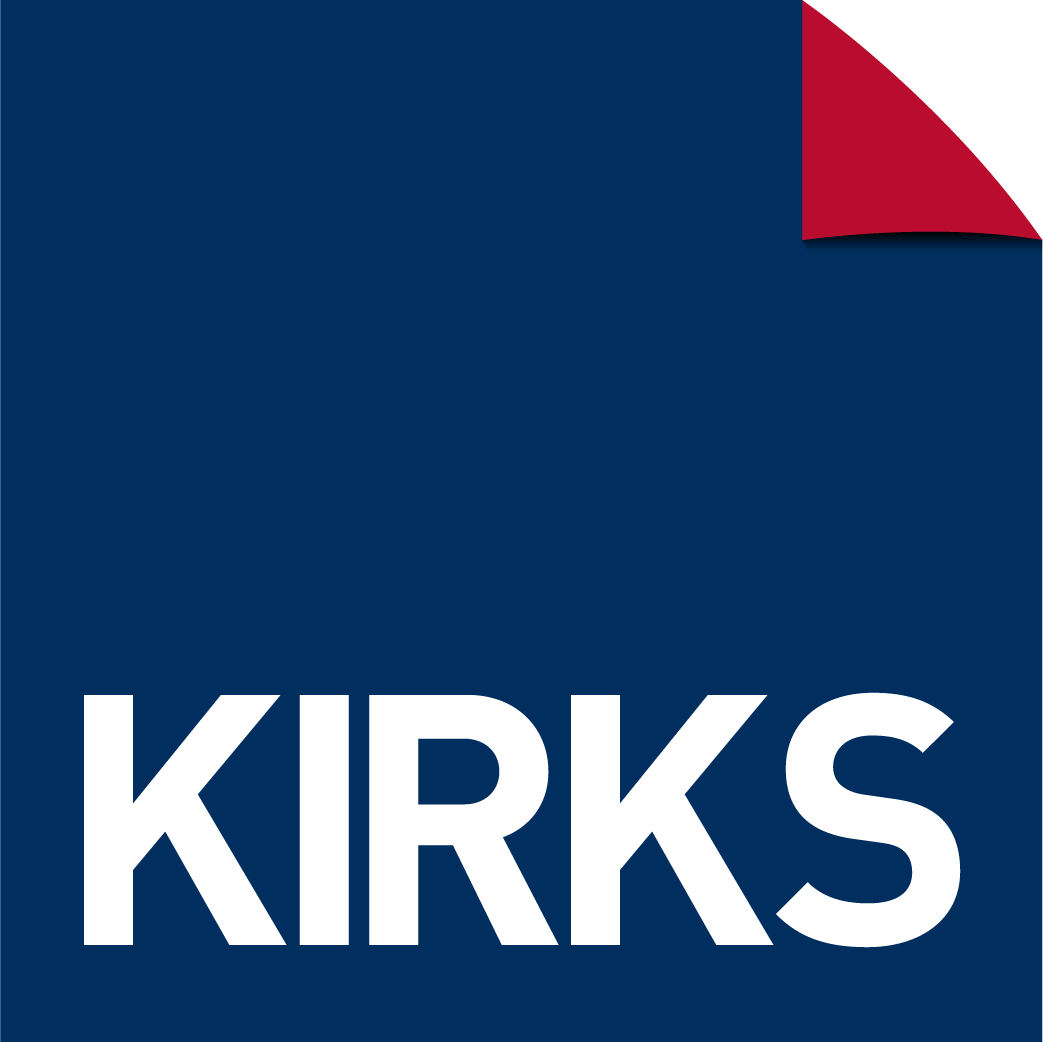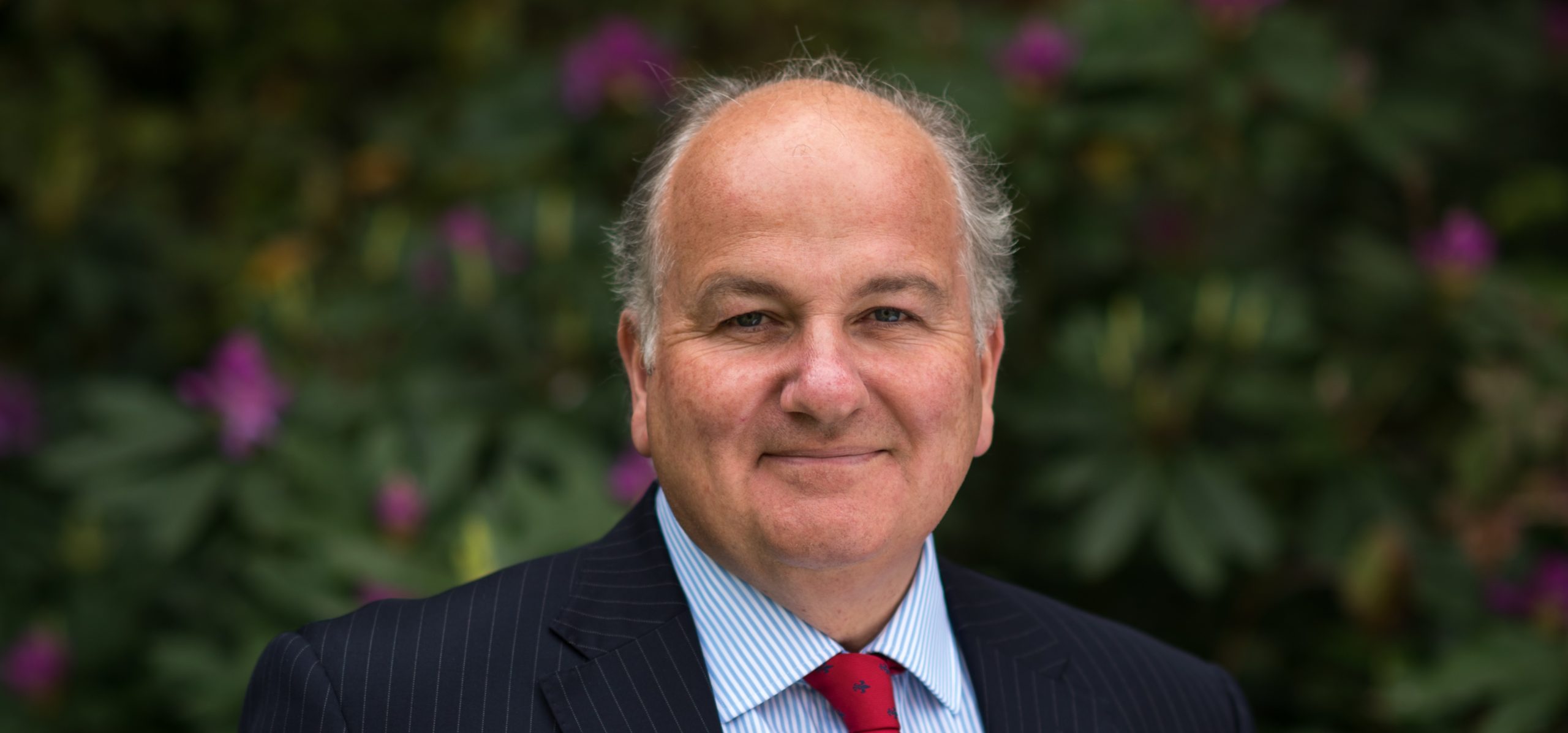The quick answer
There are two legal definitions of insolvency; the first is being unable to pay your debts as they fall due and the second is your liabilities exceeding your assets. If your business doesn’t have the money or assets to pay the liabilities it owes, the company is classed as insolvent.
In more detail
In both cases, you need to make a decision whether the business can carry on. It’s very important you make a written note of your thinking at the time if you decide to carry on, especially if you do so without taking professional advice. One key question is how certain are you that by continuing to trade the finances of the business will improve and not deteriorate?
WHAT ARE THE RISKS OF BEING INSOLVENT?
There are two main categories of risk by continuing to trade as an insolvent company.
- Prosecution by the Department for Business Innovation and Skills for wrongful or fraudulent trading which may lead to disqualification from acting as a director.
- Inadvertently taking on the personal liability of the debts (creditors) of the company by continuing to trade because of wrongful trading or fraudulent trading. For example, ordering goods or services you had no reasonable prospects of the company being able to pay may render you personally liable.
WHAT TO EXPECT FROM AN INITIAL MEETING WITH KIRKS INSOLVENCY
We want to make sure all of your insolvency questions are answered and we have the relevant information about your business to assist you effectively. Some of the questions we will ask include;
- Do you want to save the business?
- Do you want to be the individual that owns and continues with the business moving forward?
- Is keeping the same business name important to you?
- Are you worried about wrongful trading?
- What personal guarantees have you given? e.g. to the bank, hire purchase companies, any suppliers.
- Does the bank have a debenture on your company?
- Have you factored your debts?
- Do you have employees and what are their redundancy entitlements? We can work out the entitlements on your behalf.
- Is someone threatening you with a winding up petition or has a bailiff distrained your company assets?
The meeting is confidential and you are welcome to bring your accountant, friend or other professional adviser.



